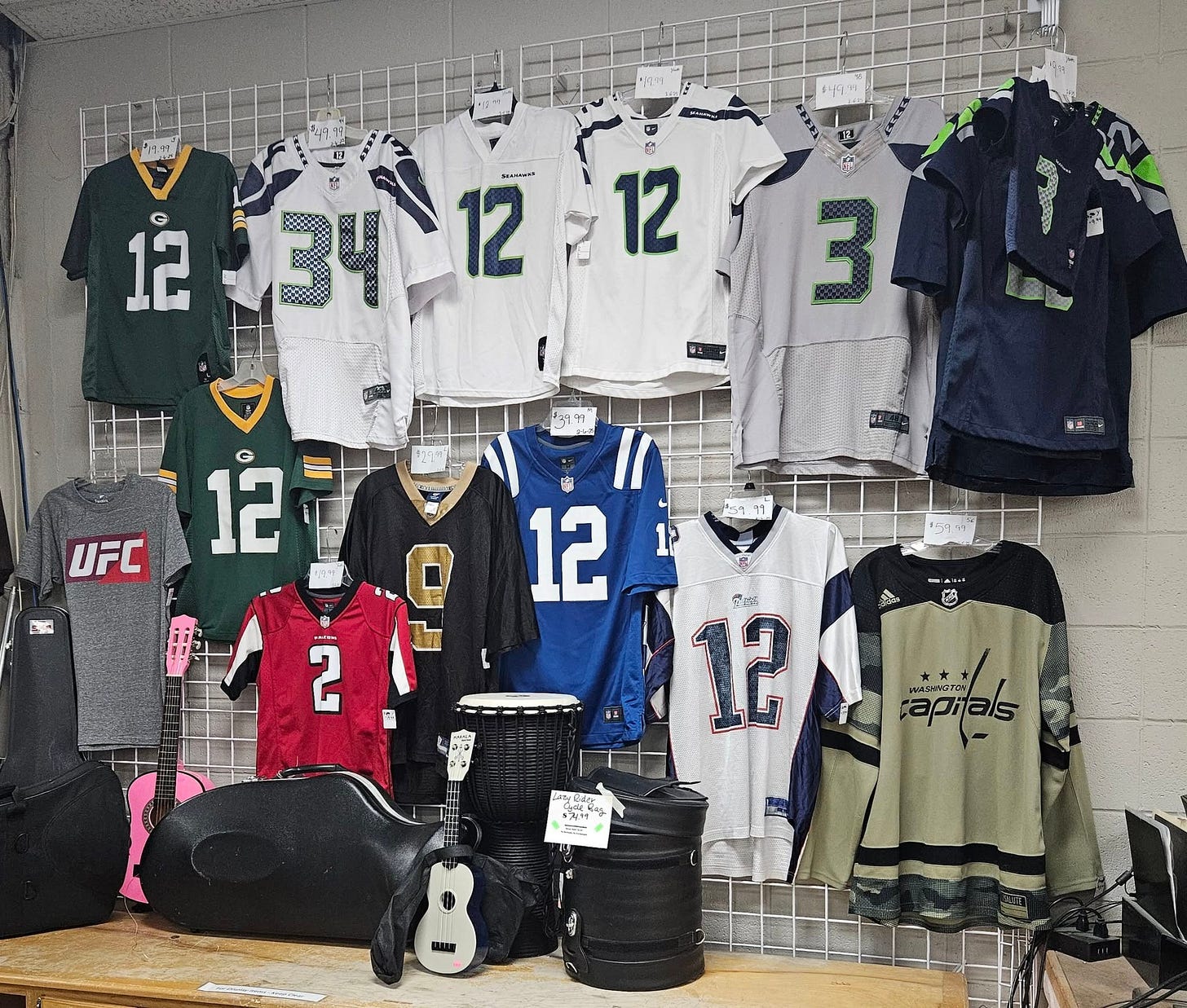Case Studies in Christian Education: Northwest Christian Schools
When business becomes ministry: how a thrift store helps schools serve their communities and cultivate student leadership.
Intro & Disclaimer
This case study draws on publicly available information about Northwest Christian Schools (Spokane, WA) and its thrift store ministry. It is offered for reflection and discussion among Christian school leaders and does not claim to represent all internal operations or decisions at NWC.
The Biblical Foundation
Scripture reminds us that God has equipped each believer with gifts meant to build up others and bring Him glory:
“God has given each of you a gift from his great variety of spiritual gifts. Use them well to serve one another.
Do you have the gift of speaking? Then speak as though God himself were speaking through you.
Do you have the gift of helping others? Do it with all the strength and energy that God supplies.
Then everything you do will bring glory to God through Jesus Christ. All glory and power to him forever and ever! Amen.”
— 1 Peter 4:10–11 (NLT)
This passage sets the tone for the kind of creative stewardship Northwest Christian Schools models—turning business into ministry and service into learning.
The Situation
Northwest Christian Schools (NWCS) in Spokane, Washington, operates the NWC Thrift Store, a year-round retail business open to the public and fueled by community donations. The store generated approximately $1.5 million in gross sales (before expenses) according to recent public filings—a testament to both its operational success and the support of the local community.
The store serves as a vital outreach and resource hub for the school and its neighbors. While it is not clear how extensively students participate in the thrift store’s daily operations, the possibilities are significant:
Students could learn the fundamentals of retail management, marketing, and customer service.
Faculty might integrate lessons on entrepreneurship, accounting, and stewardship into the curriculum.
Families and alumni can volunteer and donate, reinforcing the school’s intergenerational mission.
This initiative clearly supports NWCS’s broader vision:
“To be a premier Christian school serving the Spokane area with quality education. Northwest Christian Schools is a community of faculty, students, families and supporters who are working together with excellence and a commitment to educate and disciple students to become leaders within the church, community and world.”
What Would You Do?
The NWC Thrift Store raises an important question for all Christian school leaders: how can we create unique, mission-driven ways to serve our communities while preparing students for real-world leadership?
If your school wanted to develop a similar initiative, consider:
What unmet community needs align with your mission?
How could you apply business principles—budgeting, operations, marketing, and service—to hands-on learning?
What mentorship or governance structures would keep the focus on discipleship and sustainability?
How could you ensure that each venture reflects your school’s statement of faith and values?
Final Word
The NWC model demonstrates how everyday enterprise can become a form of ministry. A thrift store may not sound cutting-edge, yet it powerfully blends mission, stewardship, and sustainability. Students and volunteers alike can learn that work, whether pricing donations or serving customers, is an act of worship when done with excellence and gratitude.
For schools without similar resources, the concept remains scalable. A student-run coffee bar, a uniform exchange, or a seasonal marketplace can all serve as platforms for teaching initiative, teamwork, and faith in action.
Northwest Christian Schools’ thrift store reminds us that Christian education can engage both heart and hand. When schools innovate to meet community needs while teaching stewardship and leadership, they prepare students not just for college or careers but for lifelong service to Christ.
Christian education and biblical worldview should not be divorced from creative, practical approaches that prepare young leaders for the communities they will serve.
Let’s keep exploring how to model to our students that service and work can and should bring glory to God. Great work, NWCS.



